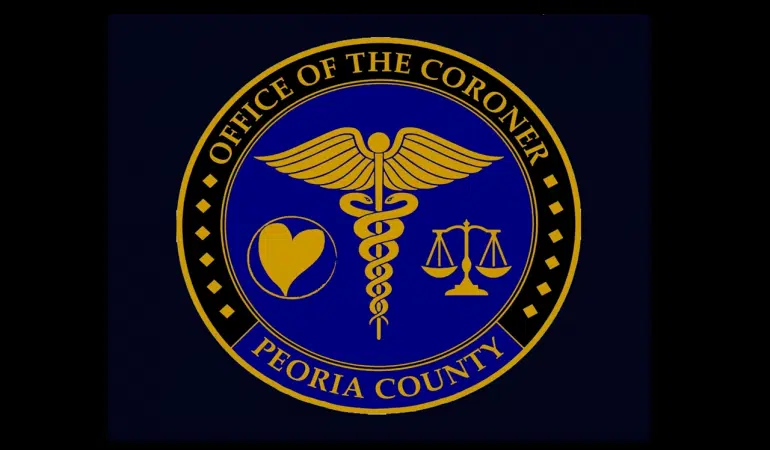PEORIA, Ill. — Peoria saw the first death related to COVID-19 over the weekend, but what happens if more follow?
Peoria County Coroner Jamie Harwood said there is a plan in place if the city does happen to see a surge in deaths that are related to the virus.
“Currently, all three hospitals here in Peoria report their deaths to my office if they are related to or suspected to be related to COVID-19,” Harwood said.
Aside from virus related deaths, Harwood said his office handles about eight to ten deaths a day.
“So in my estimation based on the way those are spread out generally throughout our routine, we could probably handle up to 10 to 15 additional deaths with the staff that we have currently,” Harwood said.
If someone dies in a hospital due to complications of COVID-19, there are several reasons to move them quickly.
“Our goal is if they pass away in the hospital is to get them to a funeral home as quickly as possible to free up the bed at the hospital number one, and then number two the morgue at the hospital,” Harwood said.
There is a contingency plan in place, according to Harwood, in the event of an accumulation in the hospital’s morgue and there are locations to send people before they can get to a funeral home.
“So with that being said, each location that we have set are respected different funeral homes in our area that have a storage capacity and then we’re going to move from one to the other to the other until we have met capacity,” Harwood said.
With the state following measures such as staying home and social distancing, Harwood feels that the area is prepared, if it was to happen.
“I’m confident that if we have a surge here in Peoria County, in the City of Peoria, that we’ll be able to handle it with dignity and respect,” Harwood said.
If someone dies in relation to COVID-19, Harwood said they are treated just like any other death and can be buried or cremated.
“The funeral directors handle the body with the standard precautions as any other person,” Harwood said. “Gown, gloves, mask, goggles, things like that to protect themselves, especially if they are going to do an embalming.”
Once the stay at home order has been lifted, Harwood said that funeral services will absolutely return to normal, and they are part of the grieving process.
“I feel like although this is probably the worst case scenario for burials right now, and I feel bad for people having to delay it. What I have seen is they’re planning things later, which is good because everyone deserves to have the respect paid to them and the homage that they deserve,” Harwood said.



